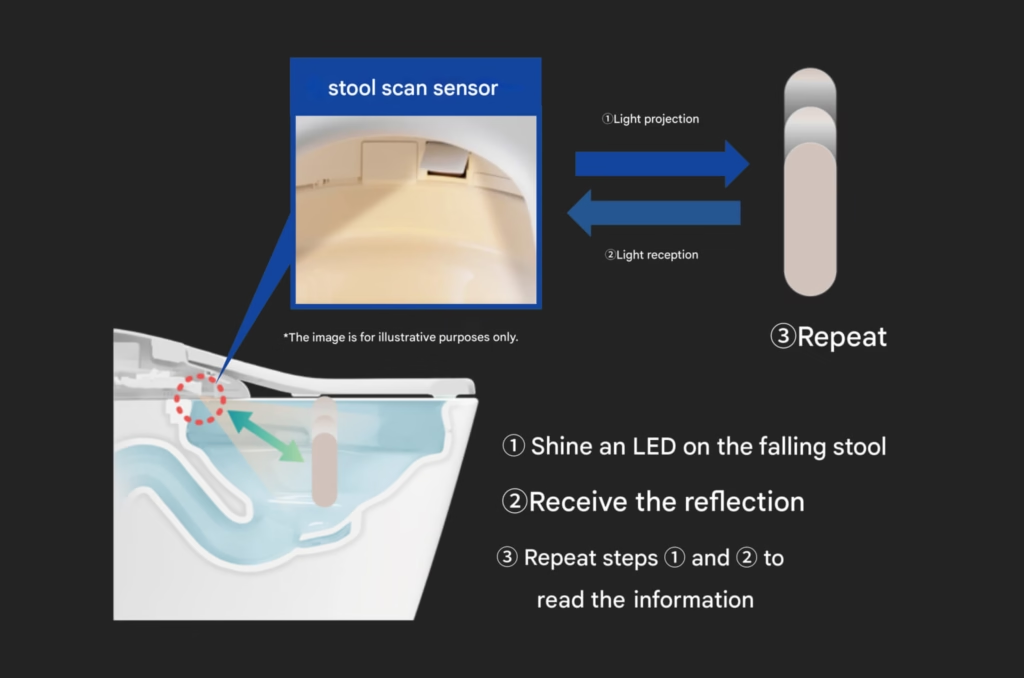Frequently Asked Questions about Women’s Sexual Health

Sexual health is integral to overall well-being, yet it remains a topic that is often silenced and stigmatized, especially when it comes to women’s experiences. From pleasure to pain, women face a host of issues that can significantly impact their sexual health and quality of life. Understanding these issues is essential to fostering open dialogue, promoting education, and empowering women to seek the support and care they deserve.
Pain during sexual intercourse (dyspareunia)
One of the most common problems women experience is dyspareunia, or painful intercourse. This condition can have a variety of causes, including insufficient lubrication, hormonal changes, infection, pelvic floor disorders, or psychological factors such as anxiety or past trauma. It is important for women to communicate openly with their healthcare providers to determine the underlying cause and explore treatment options, which may include physical therapy, medications, or counseling.
Diagnosis and treatment:
Addressing dyspareunia requires a comprehensive evaluation by a healthcare provider, usually involving a gynecologist or sexual health specialist. Diagnosis typically includes:
- History and physical examination: Your healthcare provider will discuss your symptoms, medical history, and perform a pelvic exam to check for any physical abnormalities or signs of infection.
- lab testing: Tests such as vaginal swabs may be done to rule out infections, including sexually transmitted infections.
- Imaging studies: In some cases, imaging tests such as ultrasound may be recommended to evaluate the pelvic organs for structural abnormalities.
Treatment of dyspareunia depends on the underlying cause and may involve:
- Lifestyle changes: Strategies such as using water-based lubricants during intercourse, practicing relaxation techniques, and ensuring adequate foreplay to enhance arousal can help relieve discomfort.
- Medical interventions: Depending on the cause, medical treatment may include:
- Hormone therapy (such as estrogen therapy) treats vaginal dryness associated with menopause.
- Antibiotics or antifungal medicines to treat underlying infections.
- Physical therapy can strengthen the pelvic floor muscles or address tight muscles.
- Psychological Counseling: Therapy or counseling may help, especially if psychological factors contribute to dyspareunia. Techniques such as cognitive behavioral therapy (CBT) can help eliminate negative thoughts and improve sexual function.
- Surgery: If a structural abnormality such as an ovarian cyst or uterine fibroid is causing the pain, surgical intervention may be necessary.
Impact on quality of life:
In addition to the physical discomfort that dyspareunia causes women, it can have a profound impact on their lives. It can lead to avoidance of sexual activity, strained relationships, and emotional distress. Open communication with partners and healthcare providers is essential to effectively address these challenges and find appropriate solutions.
Low sexual desire (hypoactive sexual desire disorder)
Another common problem is low libido, which can have a serious impact on a woman’s relationships and self-esteem. Contributing factors may include hormonal imbalances, stress, relationship issues, or psychological problems. Addressing this issue often requires a holistic approach that includes medical evaluation, lifestyle adjustments, and possibly therapy to explore underlying emotional factors.
Low sexual desire, clinically known as hypoactive sexual desire disorder (HSDD), is a persistent or recurring lack of interest in sexual activity that causes distress or difficulty in interpersonal relationships. It is important to recognize that sexual desire varies from person to person and can fluctuate over time based on a variety of factors.
Orgasmic Disorders
Difficulty achieving orgasm, also known as anorgasmia, is another problem many women face. This may be due to a physical problem (such as nerve damage), medications, or psychological disorders (such as performance anxiety or body image issues). Treatment may include exploring different sexual techniques, treating underlying psychological issues, or medical intervention if appropriate.
Orgasmic dysfunction is difficulty or delay in achieving orgasm despite adequate sexual stimulation. These disorders affect women of all ages and can be caused by a variety of physical, psychological, or relationship factors. Understanding the causes and potential treatments for orgasmic dysfunction is essential to improving sexual satisfaction and overall health.
Menopause and hormonal changes
Menopause brings significant hormonal changes that may cause vaginal dryness, discomfort during intercourse, and decreased libido. Hormone replacement therapy (HRT) or non-hormonal treatments can ease symptoms during this transition and improve sexual health. Open communication with your healthcare provider is essential to developing a treatment plan based on your individual needs and preferences.
Sexual Trauma and Emotional Impact
Past sexual trauma can have a significant impact on a woman’s sexual health and well-being, leading to conditions such as post-traumatic stress disorder (PTSD) or sexual aversion. Addressing these issues requires sensitivity and specialist care, often requiring trauma-informed treatment and support to rebuild a sense of safety and empowerment.
Cultural and social influences
Cultural and social factors also play a significant role in shaping women’s attitudes toward sex and seeking help for sexual health issues. Stigma, lack of comprehensive education, and cultural taboos can prevent women from getting the care they need. Advocating for inclusive, culturally sensitive healthcare practices and education is critical to breaking down these barriers.
Chronic health conditions
Chronic conditions such as diabetes, multiple sclerosis, or pelvic inflammatory disease can affect sexual health through physical symptoms or medication side effects. Working with a healthcare provider to effectively manage these conditions can help reduce their impact on sexual function and overall quality of life.
To effectively address these issues, it is imperative to increase awareness, education and discrimination about women’s sexual health. This includes comprehensive sex education, accessible health care services and research into effective treatments and interventions. Empowering women to talk openly about their sexual health issues, seek timely medical care and voice their needs is essential to promoting overall well-being and quality of life.
in conclusion
In short, from pleasure to pain, women’s sexual health encompasses a range of issues that deserve attention, understanding, and support. By promoting open dialogue, providing comprehensive care, and addressing the unique challenges women face, we can work to ensure that every woman can experience sexual health and pleasure on her own terms.
Contact our Center for Relationship and Intimacy Health today at 21781 Ventura Blvd, Suite 1024, Woodland Hills, CA 91364 to learn more about how we can support you on your sexual health journey.


 Anal Beads
Anal Beads Anal Vibrators
Anal Vibrators Butt Plugs
Butt Plugs Prostate Massagers
Prostate Massagers
 Alien Dildos
Alien Dildos Realistic Dildos
Realistic Dildos
 Kegel Exercisers & Balls
Kegel Exercisers & Balls Classic Vibrating Eggs
Classic Vibrating Eggs Remote Vibrating Eggs
Remote Vibrating Eggs Vibrating Bullets
Vibrating Bullets
 Bullet Vibrators
Bullet Vibrators Classic Vibrators
Classic Vibrators Clitoral Vibrators
Clitoral Vibrators G-Spot Vibrators
G-Spot Vibrators Massage Wand Vibrators
Massage Wand Vibrators Rabbit Vibrators
Rabbit Vibrators Remote Vibrators
Remote Vibrators
 Pocket Stroker & Pussy Masturbators
Pocket Stroker & Pussy Masturbators Vibrating Masturbators
Vibrating Masturbators
 Cock Rings
Cock Rings Penis Pumps
Penis Pumps
 Wearable Vibrators
Wearable Vibrators Blindfolds, Masks & Gags
Blindfolds, Masks & Gags Bondage Kits
Bondage Kits Bondage Wear & Fetish Clothing
Bondage Wear & Fetish Clothing Restraints & Handcuffs
Restraints & Handcuffs Sex Swings
Sex Swings Ticklers, Paddles & Whips
Ticklers, Paddles & Whips















